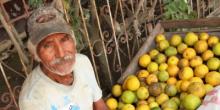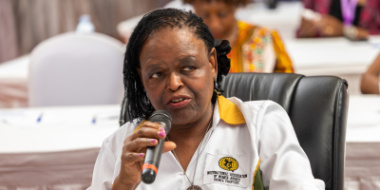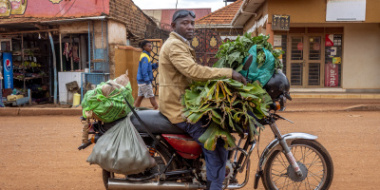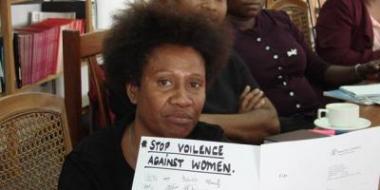Exposición fotográfica: Pixeles de Vida
La Organización Internacional de Derecho para el Desarrollo (IDLO) invita el público de San Pedro Sula a una exposición fotográfica que muestra la belleza y la realidad del sector de Chamelecón a través de los ojos de los jóvenes de la comunidad.















